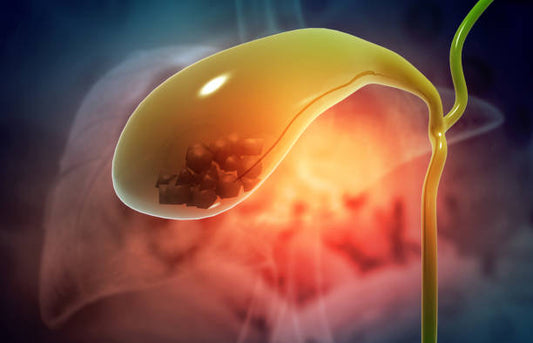Calendula oil, derived from the petals of the calendula (Calendula officinalis) flower, has been prized for centuries for its medicinal and skincare properties. Known for its vibrant yellow and orange blossoms, this marigold plant is not only a feast for the eyes but also a treasure trove of health benefits. In this article, we'll explore the world of calendula oil, its origins, uses, and why it's considered a natural wonder for skin and beyond.
A Glimpse into Calendula's History
Calendula has a rich history dating back to ancient civilizations. It was used by the ancient Egyptians, Greeks, and Romans for various purposes, from culinary to medicinal. Today, it continues to be a popular herbal remedy.
Calendula Oil: Extracting Nature's Goodness
Calendula oil is typically produced through a process called maceration, where the petals of the calendula flower are soaked in a carrier oil, such as olive oil or grapeseed oil. Over time, the oil absorbs the therapeutic compounds present in the petals, resulting in a potent and versatile herbal oil.
Skincare and Medicinal Uses
Calendula oil is celebrated for its diverse applications:
1. Skin Soothing and Healing
Calendula oil is renowned for its ability to soothe and heal various skin ailments, including:
-
Minor Burns and Scalds: Applying calendula oil to minor burns can help alleviate pain and promote healing.
-
Cuts and Scrapes: Its natural antiseptic properties make it useful for disinfecting minor wounds.
-
Insect Bites: Calendula oil can reduce itching and inflammation caused by insect bites.
-
Dry or Chapped Skin: Its moisturizing properties make it effective for dry or chapped skin.
2. Eczema and Psoriasis
Calendula oil may provide relief for skin conditions like eczema and psoriasis. Its anti-inflammatory and soothing properties can help reduce redness and itching.
3. Acne
The antimicrobial properties of calendula oil make it a gentle yet effective remedy for acne-prone skin. It can help prevent and treat acne breakouts.
4. Anti-Aging
Calendula oil is rich in antioxidants, which combat free radicals that accelerate the aging process. Regular use may help reduce the appearance of fine lines and wrinkles.
5. Baby Care
It's gentle enough for use on infants' sensitive skin, helping with diaper rash and cradle cap.
6. Sunburn Relief
Calendula oil's anti-inflammatory properties can provide relief from sunburn and promote healing.
How to Use Calendula Oil
Calendula oil can be applied topically or used in various skincare products such as creams, lotions, and salves. When using pure calendula oil:
-
Patch Test: Before applying to a larger area, perform a patch test to check for allergies or sensitivities.
-
Dilution: You can mix calendula oil with a carrier oil (e.g., coconut oil or jojoba oil) for a milder application.
Products that contains Calendula oil -
In Conclusion
Calendula oil is a natural wonder renowned for its versatility in skincare and medicinal applications. Its gentle yet potent properties make it a go-to remedy for various skin concerns, from soothing minor irritations to promoting healing and maintaining healthy skin. Whether you're dealing with dry skin, minor wounds, or seeking a natural anti-aging solution, calendula oil offers a golden touch of nature's goodness. Always remember to consult with a healthcare professional for severe skin issues or allergies before using any new skincare product.
Author: Nikita Vishnoi BCA
Reviewed by: Dr. Sumitra Satsangi












